
Overview
Squamous cell carcinoma, also known as cutaneous squamous cell carcinoma, is the second most common form of skin cancer, with over one million cases diagnosed each year and around 15,000 deaths. Squamous cell carcinoma rates are steadily increasing, with the Skin Cancer Foundation reporting an increase of 200% in the past three decades.
If you are looking for the top of the line dermatology center for Squamous cell Myrtle Beach can provide, please give us a call at Waccamaw Dermatology. Our expert dermatologists will be able to diagnose and provide a treatment plan for your condition.
FAQ
Symptoms
Squamous cell carcinoma can develop anywhere on the body, but it is most commonly seen in locations exposed to the sun, such as one’s face, lips, scalp, ears, neck, shoulders, forearms, and hands. Squamous cell carcinoma can also develop in scars, skin sores, or other locations of skin injuries. Symptoms of squamous cell carcinoma are:
- thick, scaly patches that can crust or bleed
- open sores that don’t heal
- an area that looks similar to a wart
- a firm, red bump
It is important to note that squamous cell carcinoma can look different depending on the individual. If you have a concerning or new change to your skin, you should visit the top center for squamous cell Myrtle Beach has to offer for a skin examination.
Causes
Squamous cells are primarily located near the skin’s surface, where skin cells shed continuously as new ones are formed. Squamous cell carcinoma occurs when the DNA of those cells are damaged, creating mutations in the cell. The majority of squamous cell carcinoma cases occur due to prolonged exposure to ultraviolet light; however, other factors can cause squamous cell carcinoma to occur. Several factors can increase your risk of squamous cell carcinoma including:
- Excessive exposure to the sun
- Visiting tanning beds
- A weakened immune system
- Fair skin
- Being male (more likely than females)
- Increased aging (usually those over the age of 50)
- Various chronic skin conditions
- History of skin cancer
- History of skin damage
- History of HPV
Treatments
Fortunately, squamous cell carcinoma can be cured if found and treated early. However, if gone untreated, it can have severe consequences to one’s health. Therefore it is best to seek medical attention right away if you suspect that you have an adverse change to your skin. Waccamaw Dermatology is the best dermatology center for Squamous cell Myrtle Beach has to offer with various treatment options, such as excisional surgery, Mohs surgery, curettage & electrodesiccation, laser surgery, therapy, and topical medications. Your dermatologist will consider all the factors of your health and condition to create an individualized treatment plan for you.
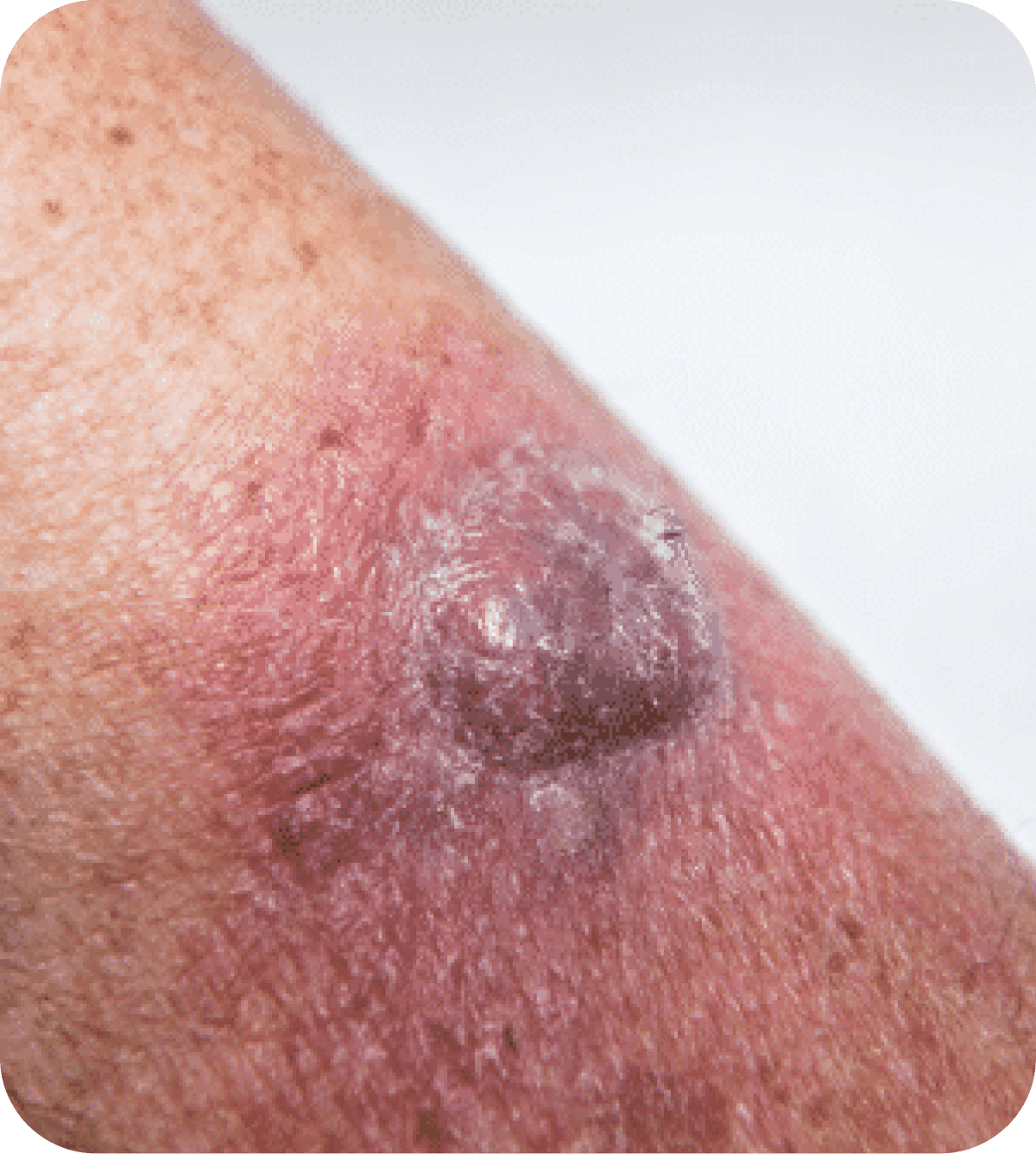
See Why Patients Choose Waccamaw Dermatology
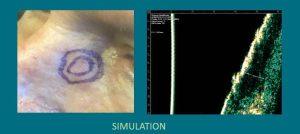
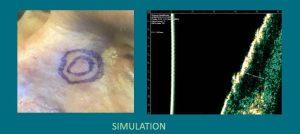
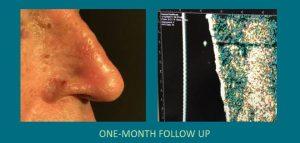
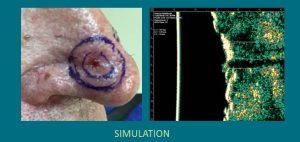


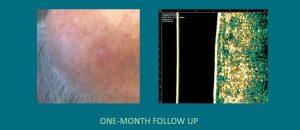

“Easy in, easy exam, fast service. A well run courteous office spear headed by an incredible Doctor”

